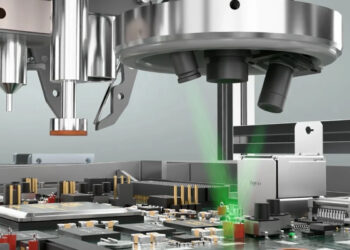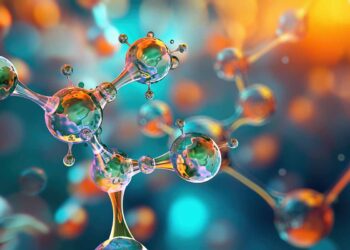Although additives in plastics often are viewed as problematic, researchers at Cornell and Princeton universities have developed a technique to recycle plastics containing the colorant carbon black using sunlight.
The researchers started by placing finely ground PS containing the colorant carbon black into a glass vial, then exposed it to high-intensity white LED light for 30 minutes, according to their paper, published in the journal ACS Central Science.
The carbon black absorbs the light and converts it into heat, which breaks down the plastic to its smaller molecular components. The process separated the polymer into smaller styrene units, which along with the carbon black were recycled into new PS.
The researchers found that using the process on post-consumer black plastics including takeout food containers resulted in up to a 53% rate of conversion to the styrene monomer. However, using focused sunlight in place of the LED light increased the conversion rate to as much as 80%.
Even so, takeout containers are often contaminated with such substances as soy sauce and cooking oil, and the researchers found that these caused the process to become slightly less efficient. A recent study also raised safety concerns about common household plastic products such as spatulas that may contain recovered plastics from end-of-life electronics, including PS, acrylonitrile-butadiene-styrene and polycarbonate.
They also tested their method on both colored and colorless PS. Using sunlight as the heat agent, they achieved a conversion rate of 67%, compared to 45% using LED light, as a result of the higher intensity of sunlight.






















